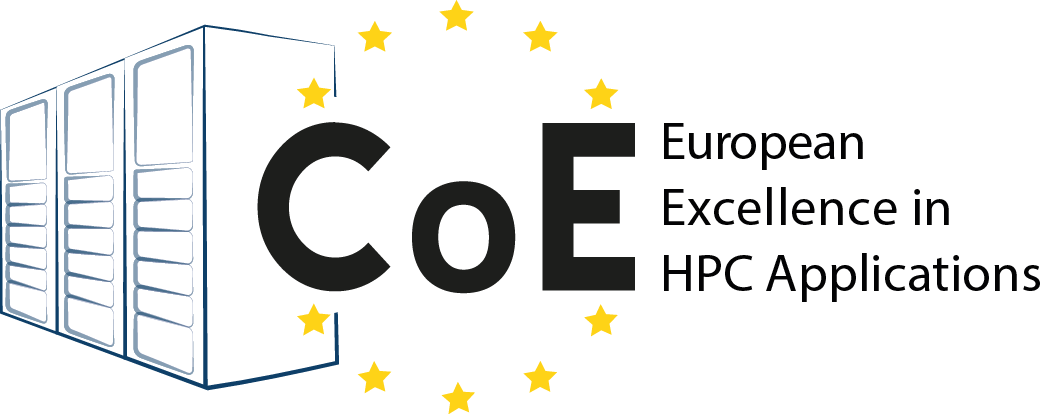Parallel CFD is an annual international conference devoted to the discussion of recent developments and applications of parallel computing in the field of Computational Fluid Dynamics and related disciplines.
Since the establishment of the ParCFD conference series, many new developments and technologies have emerged. Emergence of multi-core and heterogeneous architectures in parallel computers has created new challenges and opportunities for applied research and performance optimization in advanced CFD technology.
Over the years, the conference sessions involved papers on parallel algorithms, numerical methods and challenging applications in science, engineering and industry.
ParCFD 2020 will include contributed and invited papers, panel discussions and mini-symposiums with specific themes. Topics of interest include, but are not limited to:
-
Parallel Algorithms and Solvers
-
Extreme-Scale Computing
-
Mechanical and Aerospace Engineering Applications
-
Atmospheric and Ocean Modeling
-
Medical and Biological Applications
-
Fluid-Structure Interaction
-
Turbulence
-
Combustion
-
Acoustics
-
Multi-disciplinary Design Optimization
-
Multi-Scale and Multi-Physics Applications
-
Software Frameworks and C/G-PU Computing
zCFD by Zenotech is a density based finite volume and Discontinuous Galerkin (DG) computational fluid dynamics (CFD) solver for steady-state or time-dependent flow simulation. It decomposes domains using unstructured meshes. It is written in Python and C++ and parallelised with OpenMP and MPI.
This webinar will describe the work that POP and Zenotech undertook to investigate the performance of zCFD. An initial Performance Audit using Intel’s VTune Amplifier performance profiler identified several areas of potential improvement, which Zenotech went on to address in a POP Proof-of-Concept (PoC) study. As a result of the PoC, zCFD ran 3x faster on a representative input case.
In this 30-minute live webinar, we will describe:
- An introduction to POP’s performance analysis methodology;
- How Intel VTune was used to gain performance insights;
- The modifications made to zCFD as a result.
For more information, please contact Jon Gibson: jon.gibson[at]nag.co.uk
